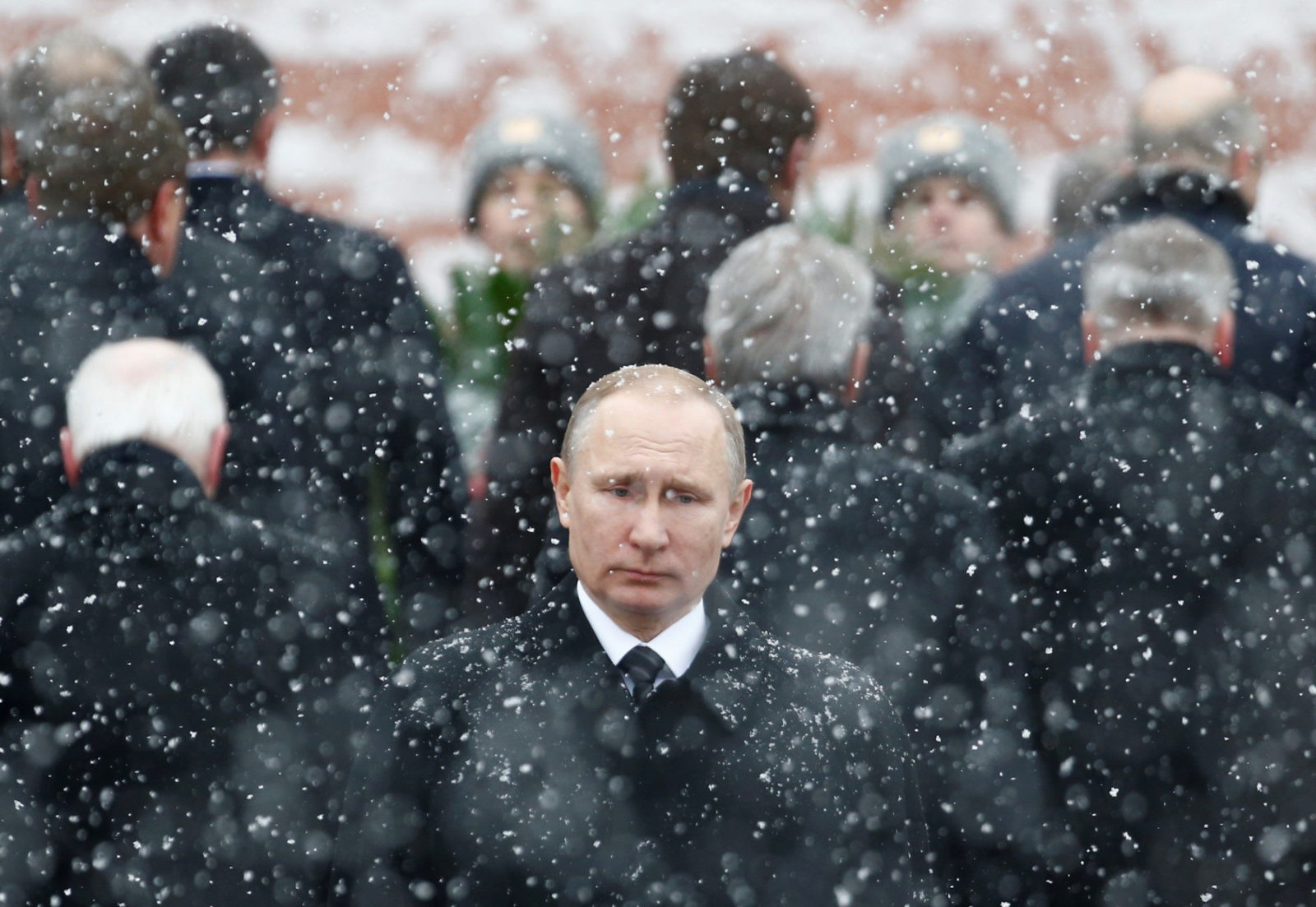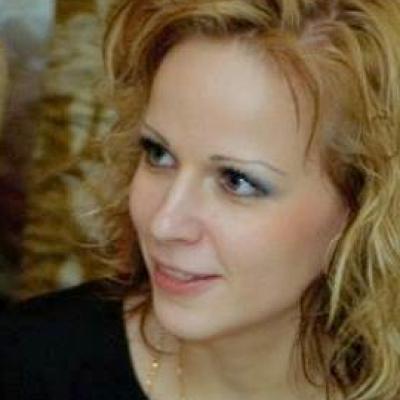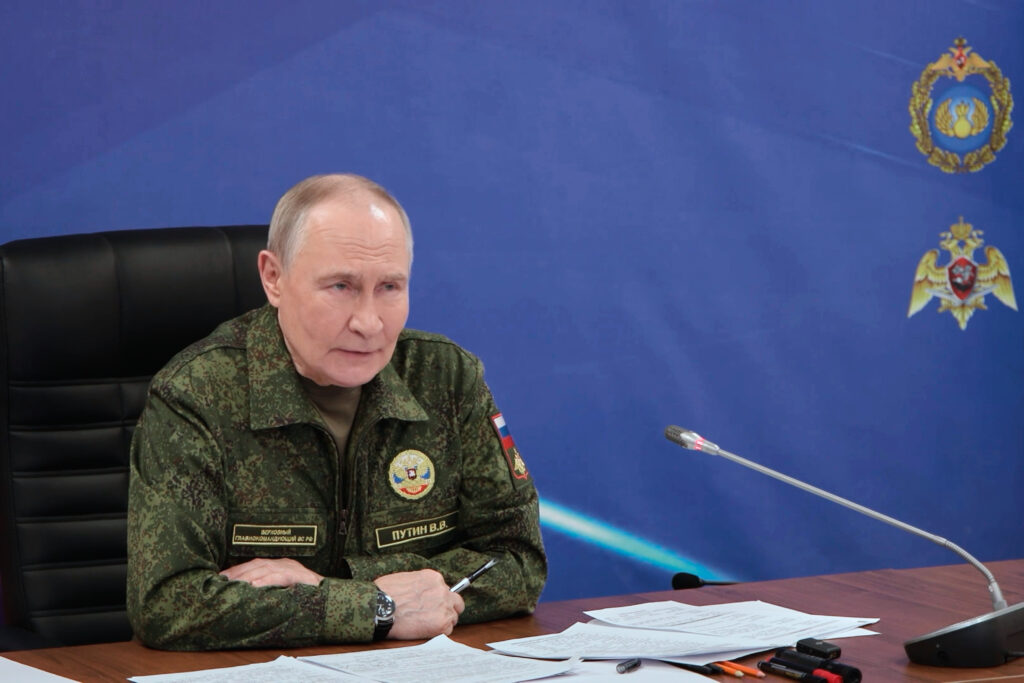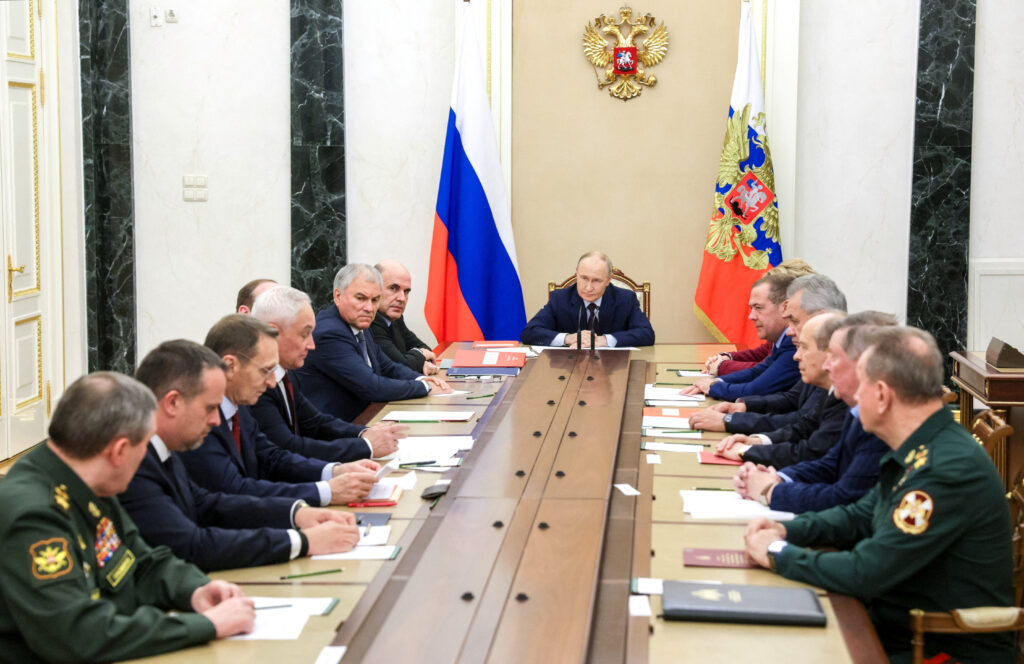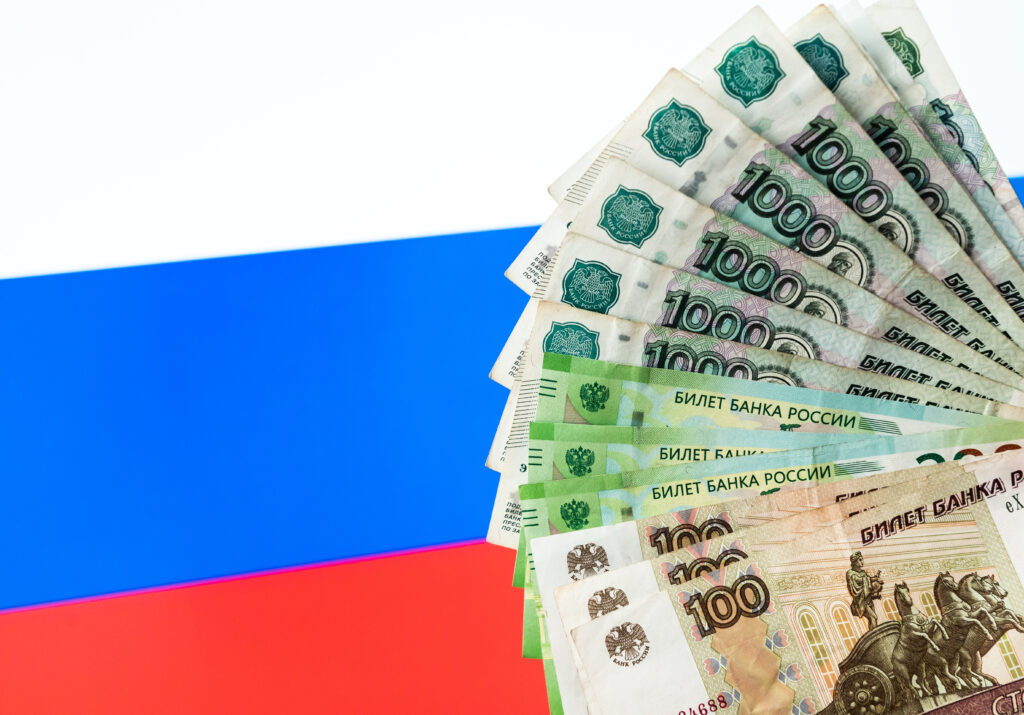“There is also the so-called liberal idea, which has outlived its purpose.”
Vladimir Putin made this remark during a 2019 interview with The Financial Times. In a way, the phrase encapsulates the main political trend of the year — the legitimization of a much more repressive state policy and the gradual formation of Putinism as an alternative to the Western governing model. On the one hand, the Kremlin is becoming more honest. It is making fewer attempts (or no longer making them at all) to appear decent. On the other hand, it is “losing its brakes”, turning coercion into a universal mechanism for conflict resolution, and destroying remaining institutes of dialogue in the process.
These events of the past year are good examples: the case of Michael Calvey; a new set of repressive laws; the violent suppression of Moscow protests; the resulting high-profile criminal cases against their participants. Beyond that, there was the dismantling of the Human Rights Council. The Council had been the last structure — despite being harmless — which was allowed to convey an alternate point of view on what is happening in the country to the president.
So, Putin has finally outlived the liberal idea, first of all for himself, and this brings a new way of looking at the next set of transformations of the regime. These will come with an ideological inclination towards conservatism, and the institutional adaptation of the system. Active preparations for the amendment of the Constitution have begun.
For Putin, the fear of liberalism is primarily a fear of the dictatorship of the minority — be it illegal immigrants, a non-systemic opposition, or sexual minorities. In this sense, he certainly considers himself a full-fledged democrat, on the basis of the idea that the majority of the population supports him. “The minority must obey the majority. This is the principle of democracy,” Putin said in May, commenting on the situation around the protests in Yekaterinburg against the construction of the church. Liberalism here is seen as a source of disorder. It is considered a factor contributing to the weakening of the state. More importantly — it is conveyed as an instrument of geopolitical influence. The liberal idea, in the understanding of Putin, is the basis for the ideological dominance of the West, the lever of its intervention in the internal affairs of other states. That is why the label “liberal” finally became synonymous with all things pro-Western, biased, anti-Russian and anti-state. A similar attitude to liberalism is not new for Putin. But in the current situation, he seems to have allowed himself to admit it completely. That means the end of any efforts to maintain democratic decency or reckon with a liberal-minded, more modernist-minded community.
In practice, this has three main consequences. First, the final squeezing of all “liberal” thinking out of power. This also applies to systemic liberals. They had still been trying to somehow participate in shaping the future course for the presidential election campaign in early 2018. Ultimately, they lost out to the “court” human rights activists. Aleksey Kudrin, becoming the head of the Audit Chamber, was “trapped” in a narrow corridor of controlling government spending. German Gref, the head of Sberbank, has technocratized completely. He probably had hoped that new ultramodern governance technologies and artificial intelligence will become the main drivers for the development of a more modern state. Though the reverse is now true as it slides into dense conservatism.
The dismantling of the Human Rights Council in November of this year was symbolic. The psychological peace of mind of the president, irritated by criticism of the authorities, is more important than the institutional building of dialogue with different parts of society. This is also a link in one chain — the regime ceases to be embarrassed by its frank neglect of the dissent. The Prosecutor General’s Office is becoming the “main human rights body.” Its focus is in turn shifting from political rights and freedoms to social issues.
Second, coercion is becoming the main tool for conflict resolution. This applies to corporate conflicts. For example, the Baring Vostok case, where the regime crossed the symbolic red line, having begun to prosecute successful foreign investors. Another instance was the situation around Nginx, where private business close to the authorities did not hold back from using security forces to settle scores with their former employees. In this sense, it is important to emphasize that the siloviki are not the exclusive resource of the state. As in the 90s, the security services are involved in purely corporate affairs on one side of the conflict or another. The only difference: now it is the privilege of close-to-power business embedded in the fulfillment of the politically significant tasks of the state.
The coercion resource is now more actively and less legibly used to resolve political conflicts. Protests against the refusal of the Moscow authorities to register independent candidates for elections to the Moscow City Duma were suppressed as severely as possible. Their participants were prosecuted. The siloviki have become a mechanism for regulating situations where other state actors are eliminating themselves from conflict resolution, or prefer to replace internal politics with administration. No serious political challenges are recognized as problematic for the current agenda — elections are held in a plebiscite scenario with minimal competition; the ruling party is being conserved; the systemic opposition is being limited; the non-systemic opposition is being suppressed. The political field is formed by training a human resource of hundreds of young technocrats. They are without political preferences or experience. But they are ready to become the mechanical part of a single executive vertical.
All this is largely a consequence of how, for several years now, foreign policy has dominated the president’s agenda. This leads to his operational rapprochement with those who are included in geopolitical issues. In this situation, domestic policy turns into a national security issue. Everything that challenges the authorities is an instrument of destabilizing the situation in the country and anti-state activity. The regime is less and less ready for dialogue, losing the ability for flexibility and feedback, fearing political diversity and competition.
Third, such an ideological transformation of the regime cannot but lead to institutional changes. For the first time since 1993, the current form of political governance has been called into question. At the final press conference of 2019, Vladimir Putin outlined a major constitutional reform, which should be launched in 2020. This is the time when the Kremlin would have to determine the framework of the system’s functioning during a period of power transit. Fear of change receded completely. The constitutional impossibility for Putin to remain in the post of the president after 2024 and at the same time the critical dependence of the system on his dominant position makes him seek new forms of governance. These would allow him to remain in power one way or another – as the head of state or as a participant in the new constellation.
One of the reasons for the new transformation of the regime was not only its distance from liberalism per se. It is also the gradual cultivation of Putinism as a new ideological alternative. This is now being offered not only domestically, but also for export. Putinism takes on a completely competitive content — it is a strong corporate state; a cult of sovereignty; moderate populism based on strong social and patriotic rhetoric; the notorious traditional values — family, order, spirituality — all that makes it morally indecent to be in the minority or outside the established foundations. Tis design of Putinism as an alternative to the Western model is a consequence of a certain euphoria for the political success of the Putin model. After all, protest waves are rising in the West against the establishment, globalism, traditional politics. Yet in Russia many functionaries feel a sense of superiority and historical rightness. There has been such a long period of stability and still high ratings. This comes to how the country’s leadership as a whole ceases to be coy; the scope of what is permitted is expanding.
Russian political system is thus ripe for big changes; 2020 can become revolutionary in this regard. A significant update awaits the governor’s corps. It may also affect the security forces and the federal government. Duma parties, including the ruling party, are also set for change, as well as the institutional design itself – the Constitution and elective legislation.
At the same time, one should not expect any concessions. The regime is preparing for reproducing itself, increasingly resorting to administrative and repressive mechanisms, rather than political compromises or dialogue. However, it will also not become more united. A conservative trend, coupled with a more pronounced dominance of security forces, provokes intra-elite irritation, discomfort and even fear of the irreversibility of such changes. The system puts itself in a position that gives rise to more conflicts, narrowing the field for maneuver and opportunities for adaptation. This means the price of maintenance will become much higher, requiring more resources and rigidity to maintain “order”. In the pursuit of stability, it seems that stability itself will have to be sacrificed.
